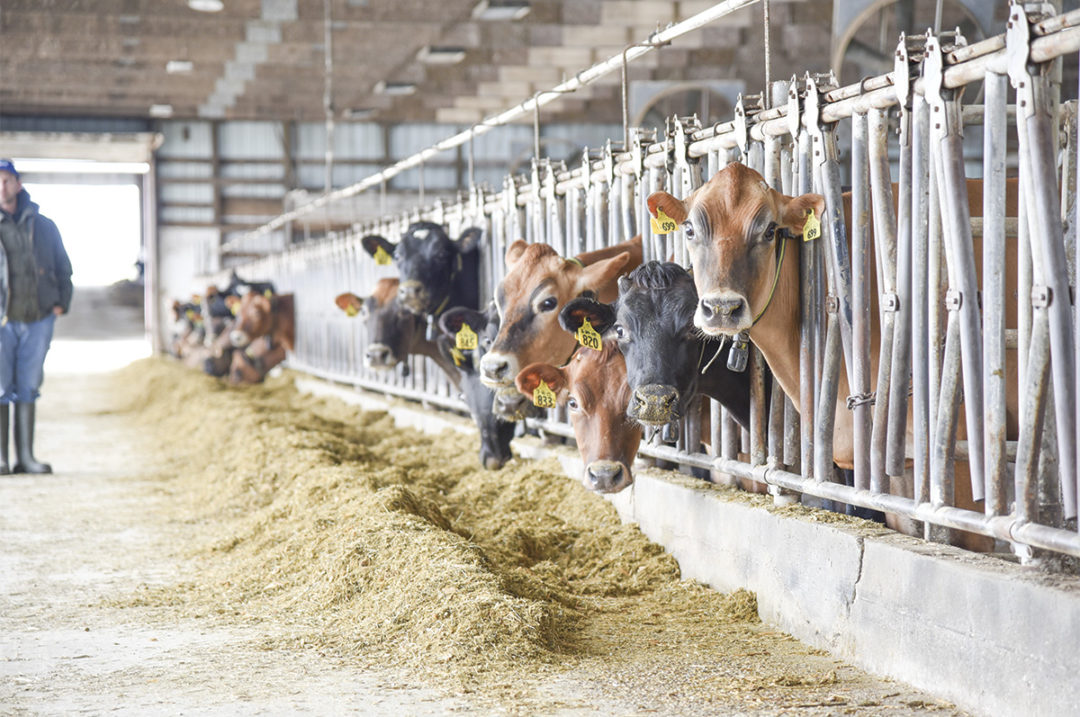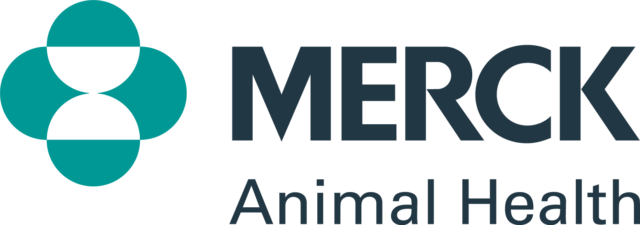A productive cow isn’t always a profitable cow. A profitable cow performs in milk volume and quality, breeds back quickly and experiences few health events. If we don’t track what it costs to manage the productive cow, her maintenance costs add up quickly and reveal she isn’t necessarily profitable.
Fortunately, advancements in herd management software and technology make it easier to identify outlier cows that are likely costing you more. New tools and insights can help assess individual cow costs and even assign them a value based on performance.
Identifying outlier cows
It is important to understand negative outlier cows to improve profitability. Whether low-producing, high health cost, difficult breeders or a combination, herd management tools make it easier to identify them.
Once you can identify outliers, determine what you will do about them. What is your tolerance level for these cows? How much will you allow a cow to cost you before you decide her next move?
Monitoring key profit drivers
Beyond milk production, herd management software can help you monitor other key profit drivers like reproduction and health.
Reproductive performance: Technological advancements have helped improve how we monitor reproductive performance. Pregnancy rate is a key measure of reproduction success. We used to say a 30% pregnancy rate was a lofty goal – now the 80th percentile of herds over 500 cows that test with AgSource is above that benchmark.
Using reproduction insights tools within your software can help you focus on herd or specific lactation performance by parameters such as reproduction code or technician. You can also dive deeper to monitor individual cow performance, such as surfacing cows with missed breedings. This focus reduces the chance for individual cows to slip through the cracks. You can also zero in on conception rate, pregnancy risk, days in milk at first breeding, voluntary waiting period, service rate, services per conception and abortion rate.
Setting up key performance indicator (KPI) thresholds allows you to focus on specific goals for your herd – such as voluntary waiting period (VWP). For example, if your VWP goal is 60 days and you are trending closer to 70 days, your management system can alert you to a deviation from your protocol.
Having a herd management tool as a single source of truth for your dairy’s reproduction goals and expectations can make it easier to identify outlier cows and guide the conversation about performance for everyone on your reproduction team.
Health events: The cost of health events can rack up quickly and are easy to overlook if not tracked. You can get an accurate picture of what every cow costs you by tracking individual health events and assigning values to each type of event. Setting values for health events is especially important because some health events are more expensive than others in treatment costs and production losses.
Using a health event tracking tool, you can assign a cost for treatment (labor and materials) and lost milk production across your herd – giving you an accurate view of an individual cow’s costs and how she compares to her herdmates. Tracking this data can also help you identify specific management areas needing more attention.
Health management tools in your software allow you to track health events easily and visualize cow profitability by incorporating actual costs associated with health events. Consider hoof trimming. If a cow consistently needs trimming and requires a block and wrap, that time and expense add up. A cow with more health events than her herdmates may not be a competitively profitable cow, even if her production is similar.
Tying it all together
Tools are also available to rank your cows based on reproduction, health events, production and feed costs. This individual cow decision tool factors a cow’s value compared to the average replacement heifer within your herd management software. It can help you decide if an animal qualifies for early dry-off or should be culled and replaced with the next available fresh heifer.
The tool assigns a value to every animal using current milk production, days in milk, future production estimates, age and reproduction status. You can adjust cull cow price, replacement animal price, marginal feed costs, maintenance costs, expected values for future milk price and culling rates, and reproductive performance.
As your herd and markets change, it’s best to recalculate the value of each cow. Using these values, you can rank individual cows to focus on your lower-valued animals and determine their next move. For example, if a low-value cow is not pregnant, the right tool can help you see whether becoming pregnant would positively or negatively impact her value. If pregnancy would decrease her value, she may be a good candidate for culling.
Keeping value front and center
Using a dashboard can help you stay focused on crucial profitability insights. Think of it like a command center. The widgets you display may change over time to reflect what is most important and impactful on your dairy. If you’re experiencing transition cow issues, a health event widget may be the best way to monitor milk fever and ketosis occurrences within your herd and ensure that data informs your decision-making.
Some dashboarding functions even allow you to set up automatic text or email alerts to stay within your goal threshold for specific health events.
By taking advantage of the tools and insights available beyond traditional herd management functions, you can make it easier to surface outlier cows for profitable decision-making. Work with your herd management software team or farm performance consultant to ensure you’re making it easier to manage cow performance.






